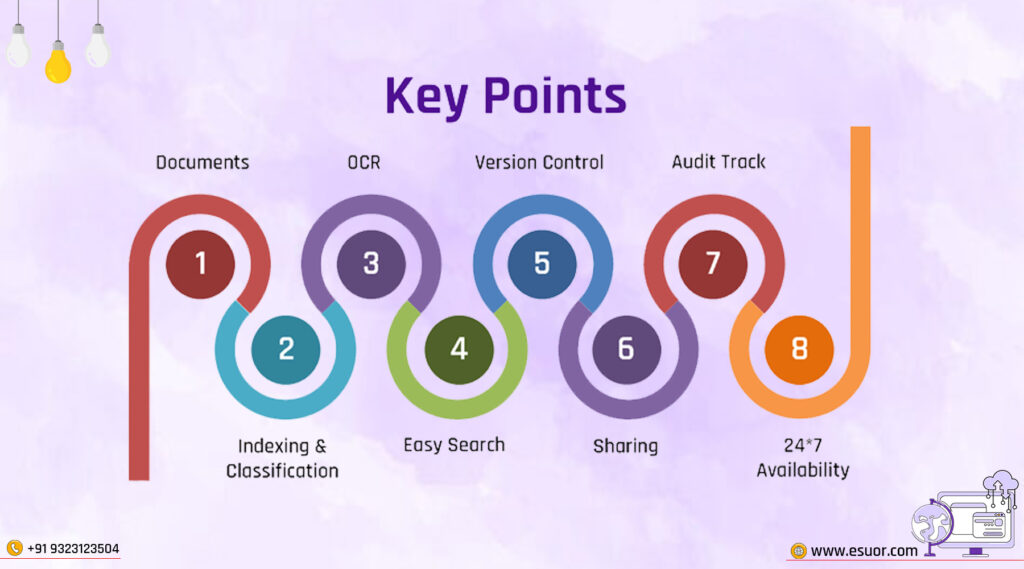
The Role of ERP Solutions in School Management
In the rapidly evolving landscape of education, schools face numerous challenges in effectively managing their administrative tasks, resources, and data. From student enrollment and academic scheduling to financial management and communication with stakeholders, the complexity of school operations requires efficient and integrated solutions. This is where Enterprise Resource Planning (ERP) systems step in, offering comprehensive tools to streamline processes, enhance collaboration, and improve overall efficiency in school management.

Introduction to ERP Solutions for Schools
Enterprise Resource Planning (ERP) systems are powerful software platforms designed to integrate and automate various administrative and operational functions within an organization. While ERP systems have long been associated with businesses, their benefits extend to the education sector as well. In schools, ERP solutions provide a centralized platform for managing critical processes, including student information, academic programs, human resources, finance, and communication.
Streamlining Administrative Tasks
One of the primary advantages of implementing an ERP solution in schools is the automation and streamlining of administrative tasks. From student admissions and enrollment management to attendance tracking and grading, ERP systems simplify and expedite routine processes, reducing the burden on school administrators and staff. By digitizing paperwork, automating workflows, and providing self-service portals for students and parents, ERP solutions enhance operational efficiency and improve the overall user experience.
Efficient Resource Management
Effective resource management is essential for the smooth functioning of schools. ERP systems facilitate efficient management of resources, including classrooms, facilities, equipment, and personnel. With features like scheduling tools, resource allocation algorithms, and inventory management modules, schools can optimize resource utilization, minimize conflicts, and ensure that all resources are allocated effectively to support teaching and learning activities.
Enhanced Communication and Collaboration
Communication is key to fostering a collaborative learning environment and building strong relationships among stakeholders. ERP solutions for schools include communication tools such as messaging systems, email integration, and online forums, enabling seamless communication between administrators, teachers, students, and parents. By centralizing communication channels and providing real-time updates and notifications, ERP systems promote transparency, engagement, and collaboration within the school community.
Data-Driven Decision-Making
In today’s data-driven world, access to accurate and timely information is crucial for informed decision-making. ERP systems aggregate data from various sources within the school, including student records, academic performance, attendance, and financial transactions. By providing robust reporting and analytics capabilities, ERP solutions empower school administrators to analyze trends, identify areas for improvement, and make data-driven decisions to enhance teaching and learning outcomes.
Ensuring Compliance and Accountability
Schools are subject to various regulatory requirements and compliance standards, ranging from student data privacy laws to financial reporting regulations. ERP systems help schools maintain compliance by centralizing data management, implementing security controls, and generating audit trails to track changes and access to sensitive information. By ensuring data integrity and accountability, ERP solutions help schools mitigate risks and uphold the highest standards of governance and transparency.
Conclusion
In conclusion, Enterprise Resource Planning (ERP) solutions play a crucial role in transforming school management and administration. By streamlining administrative tasks, optimizing resource management, facilitating communication and collaboration, enabling data-driven decision-making, and ensuring compliance and accountability, ERP systems empower schools to operate more efficiently, effectively, and transparently. As schools continue to embrace digital innovation, investing in a robust ERP solution can pave the way for greater success in achieving educational excellence and student success.